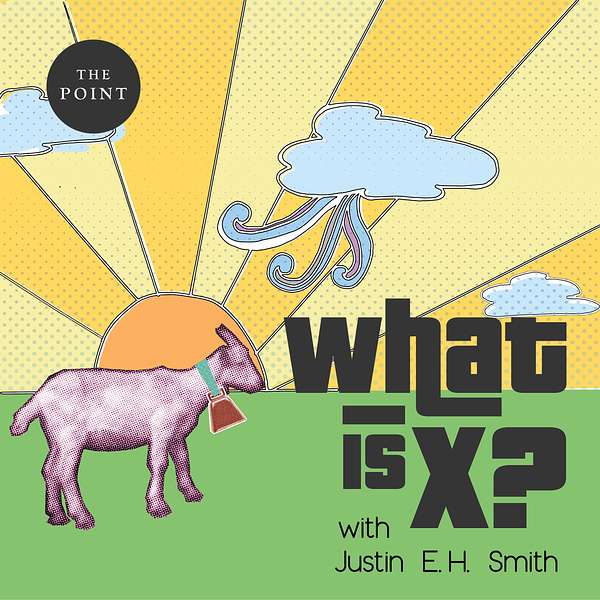
What Is X?
What Is X?
What Is Punk? | Joseph M. Keegin
The dog days of late summer call for a break from discussions of concepts like Time, War, and Virtue and a turn to a subject that, though significant, probably lacks its own Platonic form: Punk. Joining Justin for this episode of “What Is X?” is our own Joey Keegin—a contributing editor at The Point and a veteran of punk scenes of the 1990s and 2000s. Once a hitchhiker and freight train hopper and DIY participant, Joey is estranged from punk now yet still inspired by it. Why? To ask what punk is, Joey points out, is to ask more than simply what punk music is—because it’s “a promise,” he says, “of a way of living, a promise of a way of being together with other people.” But when it’s just as punk to be straight-edge as it is to be addicted to heroin, how do you sort the good from the bad? Can there even still be punk after the death of rock? Together, Justin and Joey attempt to sort out these distinctions. Along the way, they discuss whether it’s possible for a punk to age gracefully, what punk understands about modernity that hippies didn’t, and why Socrates was not a punk—but was maybe a hardcore kid.